Remove the barriers and unlock the business benefits of strategic Bring Your Own Device (BYOD) policies with the help of Microsoft Intune.
For many organisations, adopting BYOD policies offer a route to cost savings and improving employee experience. They also tend to come with challenges, particularly around mobile security, privacy, and compliance.
The challenges are real, and certainly can’t be ignored. But they also shouldn’t become a barrier to unlocking the benefits that a well-structured BYOD strategy could yield.
And, if you’re invested in Microsoft licencing, it’s likely that you already have access to the solution.
We’ve previously discussed how Microsoft Intune offers the tools to successfully manage remote and hybrid workforces. But did you know that it’s also the ideal enabler to mitigate the risks and unlock the benefits of BYOD?
Adopting BYOD should be a strategic decision
It should be noted that your mobile management strategy isn’t as simple as opting between corporate-owned devices or BYOD. It’s more about understanding how mobiles are used by different personas in your organisation.
For some users, corporate-owned may present the smarter choice. But being able to adopt BYOD strategically and safely, with users who suit it, can make a massive difference to your bottom line.
And Microsoft Intune offers the platform to allow this.


Free Video
Microsoft Intune Suite Demo: Unified Endpoint Management
Understand Microsoft Intune Suite’s key features, including:
- Proactive endpoint issue detection with AI
- Easy management of privilege elevation
- Cloud-connected endpoint management
- Streamlined, secure certificate management
Tackling the security challenge with Microsoft Intune
If you’re letting personal devices access corporate resources and applications, then there’s clearly a heightened security risk.
It’s likely they won’t adhere to company security protocols or update to the latest versions of their OS as often as they should. Which, if unmanaged, can expose the organisation to breaches and cyber threats.
Microsoft Intune provides organisations with tools to create a protective layer between personal devices and corporate resources.
Such as:
Dealing with data management and privacy concerns
Data management challenges go both ways.
Organisations fear data will be lost, stolen, or compromised if transferred between apps on unmanaged devices.
Employees are concerned their privacy will be compromised if the company can access their phone and monitor their activity.
It’s a common concern. And one that we’ve seen make both parties resistant to BYOD adoption.
Concerns that can be eased by Intune thanks to:
Simplifying multi-platform device support
BYOD, when applied appropriately, can reduce costs by 45% and improve productivity by 68%.
But it also introduces a complex environment made up of multiple devices, brands, and operating systems. 67% of organisations who have BYOD within their organisation have admitted to challenges when it comes to supporting the policies.
When IT may already be at capacity, how this is supported safely, productively, and cost-effectively, needs to be considered.
Which is again why we advocate leaning into the features and versatility of Microsoft Intune to help you leverage the benefits.
Unified Endpoint Management (UEM)
Intune is a market-leading UEM and designed to meet this challenge head-on. Compatible with and able to support all the main devices and systems, including:
Android
iOS/iPadOS
macOS
Windows
Linux
This enables IT teams to simply manage all devices, corporate or personal, from a single pane of glass.
Streamlining Operating System Support
Of course, it’s not just about compatibility. It’s about enabling robust support that simplifies management and reduces hidden costs.
Intune automates many of the tasks traditionally requiring manual intervention, like device enrolment or software deployments.
This not only lowers the resource burden on IT departments but also minimises the licensing complexities associated with managing multiple device management solutions.
Intune avoids compliance complications
BYOD policies and personal devices can add complications when it comes to regulatory compliance.
Organisations in regulated industries, for example, must navigate a maze of regulations that dictate how personal devices can be used for work purposes. This includes how calls, SMS comms, social media, and data access is monitored.
As a leading UEM it blends mobile device management (MDM) with mobile application management (MAM). Through its vast and growing suite of tools (like conditional access, APP, or data segregation) it enables you to define, implement, and enforce policies that comply with the necessary regulations.
On any device that accesses corporate resources.
Intune supports a range of regulatory frameworks and provides the tools to manage data protection and privacy accordingly.
This includes the ability to:
Set password policies
Enable multi-factor authentication (MFA)
Enforce encryption
Restrict access to sensitive data
Block the removal of data from devices
Additionally, Intune’s integration with other Microsoft security solutions enhances its ability to protect sensitive data and support compliance efforts across your entire organisation.
Conclusion
Working practices change, expectations evolve, and the lines between work and personal life blur. More than ever are we seeing mobile devices as the binding agent. The point at which technology and culture converge.
Which is prompting more organisations to embrace the change. Looking towards policies like BYOD to take advantage of new-found flexibility, efficiency, and profitability.
BYOD isn’t the be all and end all. For many organisations, corporate-owned will still be the better bet.
But where the circumstances are right, then it’s critical you take security, compliance, and data protection challenges seriously. Because failure in that sphere not only undermines the advantages but threatens your organisation’s very existence.
Microsoft Intune offers a suite of management tools designed to simplify and secure mobile management, regardless of ownership. Leveraging this within your wider Microsoft ecosystem enables a robust, unified approach to security and data protection. And gives you the platform to unlock the full potential of your mobile and BYOD strategy.
Key takeaways
Where appropriate BYOD offers opportunities for cost-savings and efficiencies.
It’s essential that you take security, compliance, and data protection seriously.
Microsoft Intune offers a platform to overcome these challenges and simplify workloads.
Conditional access lets you control how resources are accessed on personal devices.
Intune lets you to segregate corporate and personal data to overcome privacy concerns.
Streamline and automate support across multiple devices and operating systems.
Intune removes the complexity and simplifies compliance management.


Free Video
Microsoft Intune Suite Demo: Unified Endpoint Management
Understand Microsoft Intune Suite’s key features, including:
- Proactive endpoint issue detection with AI
- Easy management of privilege elevation
- Cloud-connected endpoint management
- Streamlined, secure certificate management

Great emails start here
Sign up for free resources and exclusive invites
Subscribe to the Kocho mailing list if you want:
- Demos of the latest Microsoft tech
- Invites to exclusive events and webinars
- Resources that make your job easier

Don't Miss
Great secure mobility resources

Microsoft Security Roadshow
Demos and expert insight to help you get the most from Microsoft's identity, security and cloud solutions.

Microsoft Global Secure Access: Your questions answered

Is it time to leave your security operations to the experts?

Why it's time for identity-first unified device management

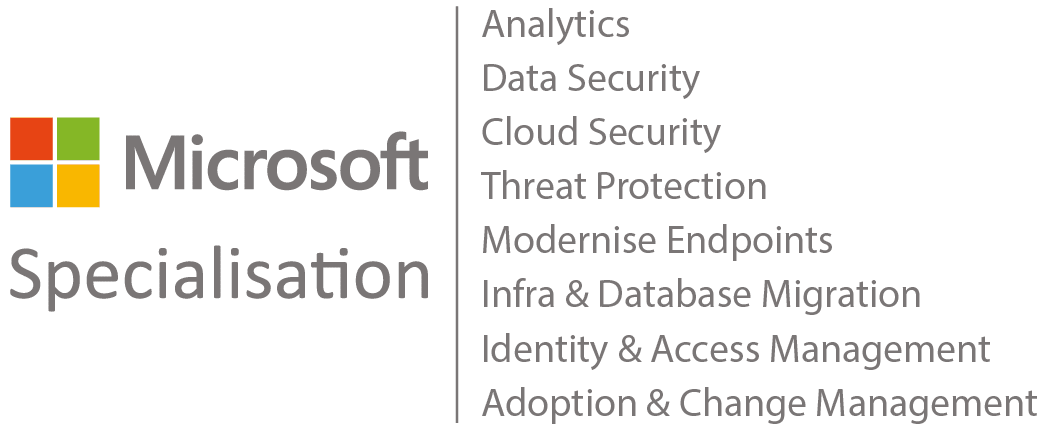
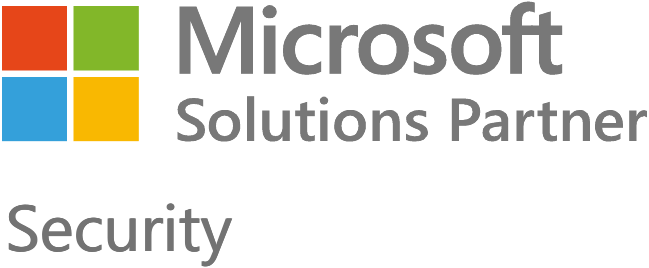
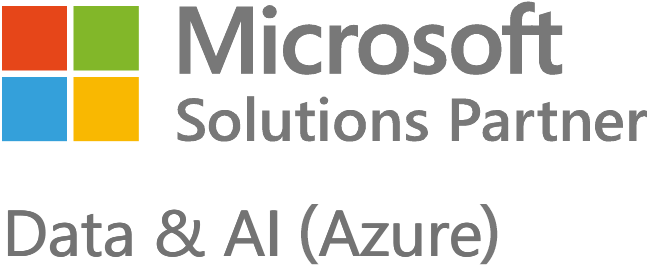
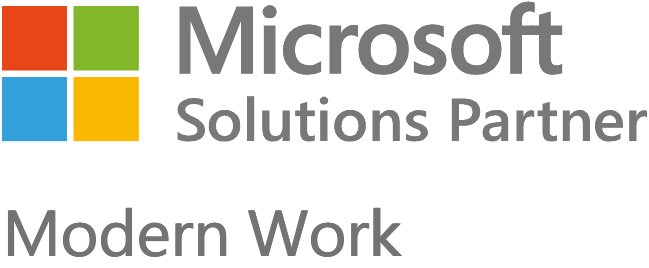
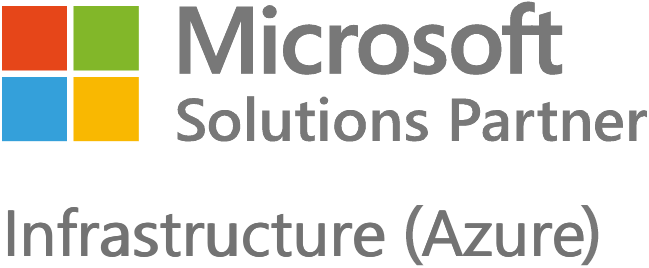
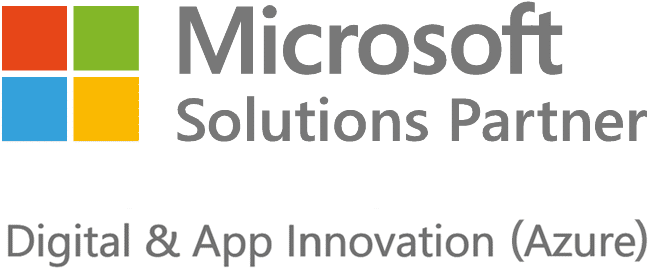
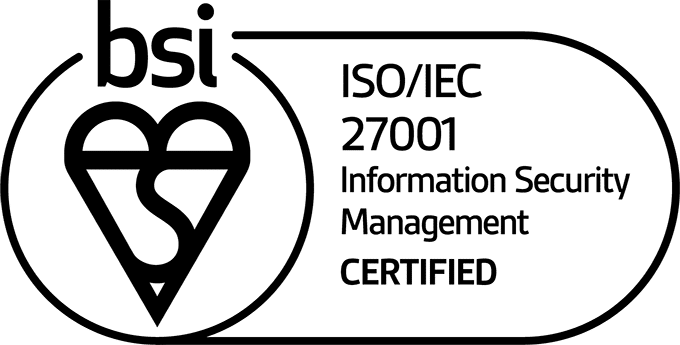


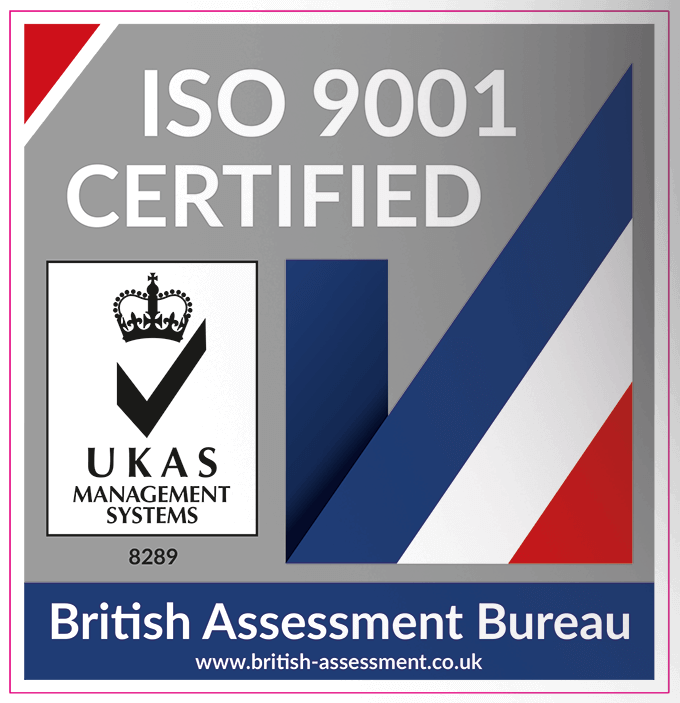
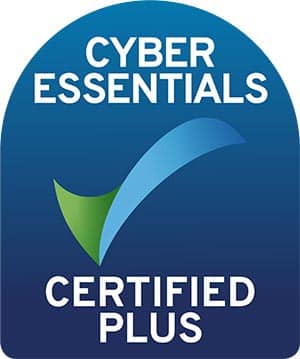












Got a question? Need more information?
Our expert team is here to help.




